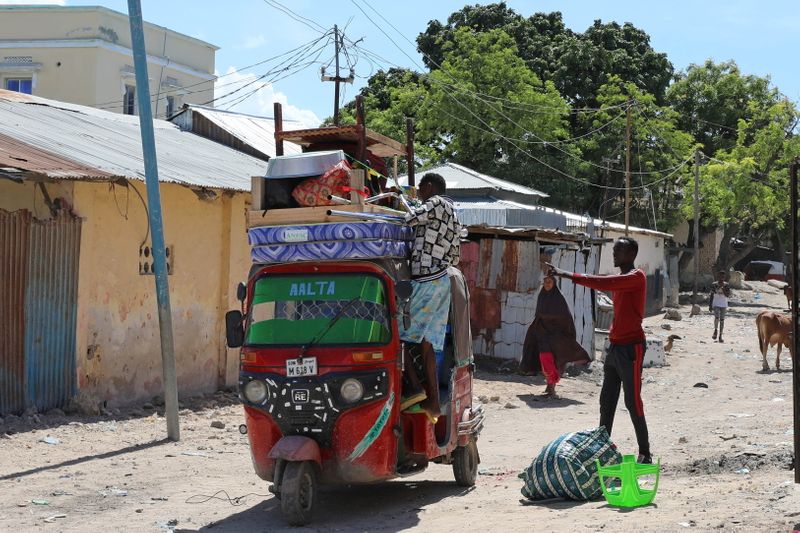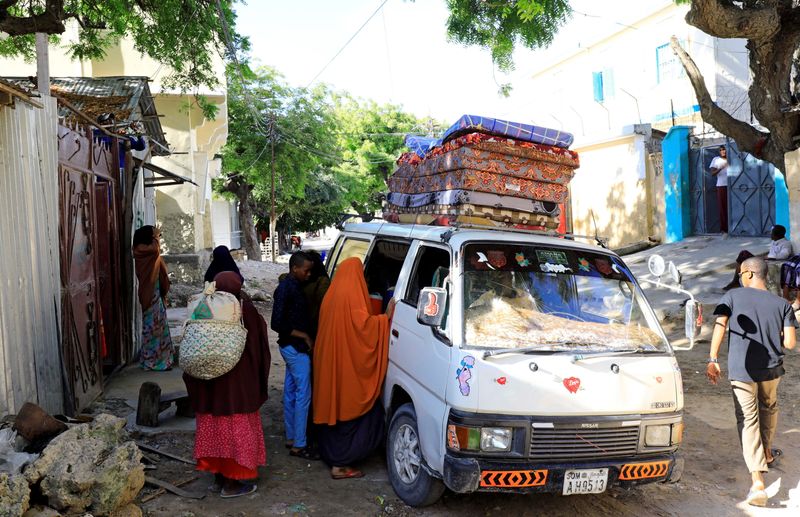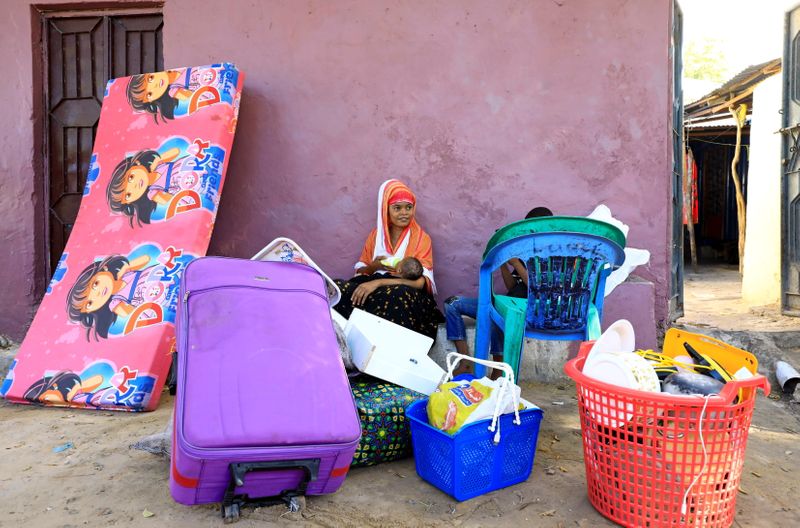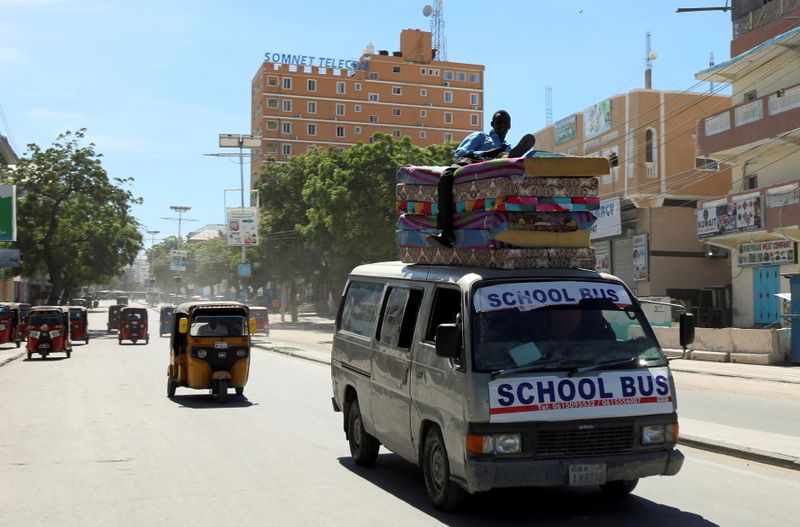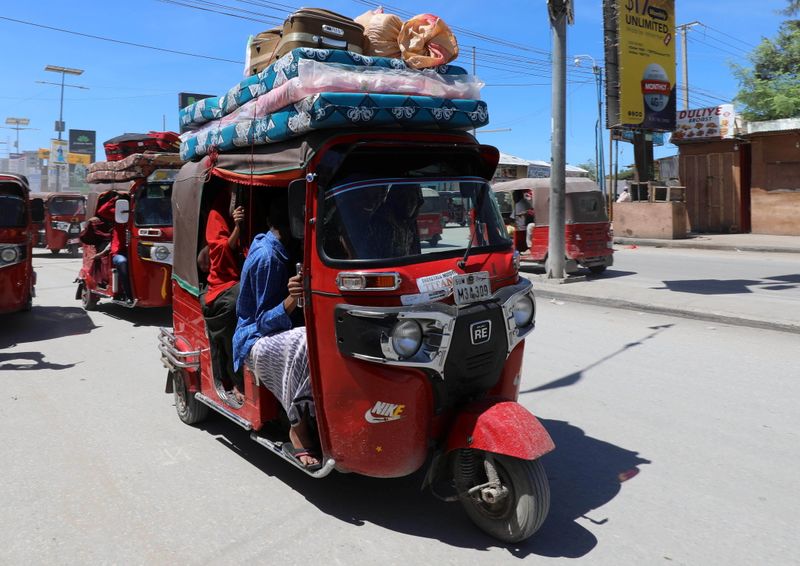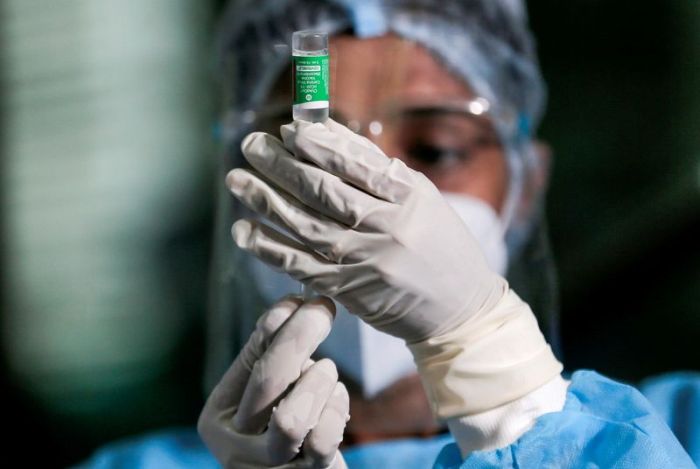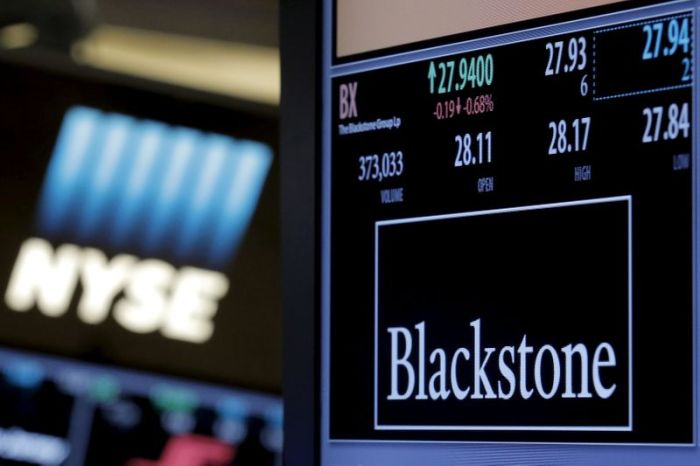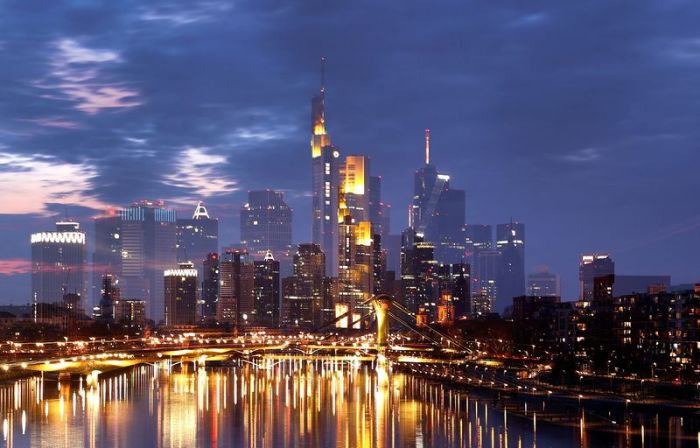MOGADISHU (Reuters) – Somalia’s prime minister denounced a proposed extension of the president’s term on Tuesday, piling pressure on President Mohamed Abdullahi Mohamed to hold elections as rival factions in the security forces drew up battle lines in the capital.
The heads of two regional states who had been staunch allies of the president also rejected the proposed two-year extension of Mohamed’s term.
Earlier this month, the lower house of parliament voted to extend his four-year term by another two years, after the country failed to hold elections as planned in February. The Senate rejected the move, provoking the crisis.
“We call for an urgent election. Any form of extension should be cancelled,” the presidents of the Hirshabelle and Galmudug regions said in a joint statement on Facebook.
Prime Minister Mohamed Hussein Roble then issued his own statement, calling for preparations for a new presidential election.
“I welcome the statement issued by Galmudug and Hirshabelle states,” he said on Twitter.
Mohamed’s attempt to extend his term has angered foreign donors who backed his government, hoping it would help bring stability and quash the al Qaeda-linked al Shabaab insurgency. But the proposed extension has pitted factions in the security forces against each other.
Opposition forces have abandoned positions in the countryside as they headed for a showdown in the capital, allowing al Shabaab to take over at least one town.
The U.S. Embassy in Mogadishu tweeted support for the premier and the two state presidents after they issued their statement.
CLASHES AND CLANS
Forces loyal to the opposition hold important parts of the city and clashed with government forces over the weekend, fuelling worries the country could return to all-out war.
The unrest is the second bout of violence in Mogadishu over an extension to Mohamed’s term. Continued clashes could further splinter Somali security forces along ethnic lines, said the International Crisis Group, a think-tank.
“Somalia is teetering on the brink of a major breakdown once again,” it said in a briefing published on Tuesday.
Mohamed is Darod, one of Somalia’s major clans. The majority of the Somali military in the capital are Hawiye, another large clan. Most of the opposition leaders are Hawiye.
Earlier on Tuesday, Turkish-trained Haramcad (“Cheetah”) police forces raided independent Mustaqbal Radio station, owned by a Hawiye businessman, and confiscated equipment.
Somalia’s fledgling armed forces are drawn from clan militias who have often battled each other for power and resources.
Internal Security Minister Hassan Hundubey told a news conference that government forces had been restrained to avoid harming civilians and said, without providing evidence, that “thieves” were breaking into houses and killing people.
The African Union peacekeeping mission in Somalia, the United Nations mission there, and a dozen other mainly African and Western nations condemned the outbreak of violence and urged restraint.
“We are alarmed especially by the emerging fragmentation of the Somali National Army (SNA) along clan lines…,” a joint statement said.
‘ANTICIPATED BATTLE’
On Tuesday morning, residents fled some Mogadishu neighbourhoods, fearing violence.
“More well-armed pro-opposition troops have settled in this area of Siigaale, they told us to move,” said Abdullahi Mohamed, a local elder. Siigale is near a road that leads to the presidential palace.
Kaaha Ahmed, a mother of five, said she fled Hodan district after pro-government forces arrived: “We did not want to be caught up in the anticipated battle.”
By Tuesday afternoon, government forces had sealed off the presidential palace with concrete barricades, a resident told Reuters.
Neither information ministry spokesman Ismail Mukhtar Omar nor police spokesman Sadik Ali answered calls or texts seeking comment.
Overnight, Reuters journalists saw large numbers of government troops deployed in strategic locations, including near the house of opposition presidential candidate Abdirahman Abdishakur, where clashes took place on Sunday, and in the Gashandhiga area, which is where the military is headquartered.
(Reporting by Abdi Sheikh and Abdiqani Hassan; Writing by Omar Mohammed and Maggie Fick; Editing by Katharine Houreld, Angus MacSwan, William Maclean and Timothy Heritage)

